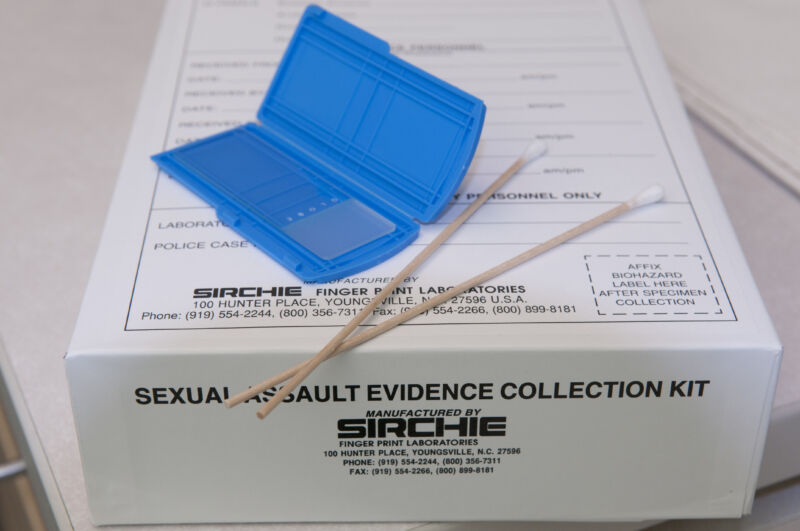
According to a new study published in the New England Journal of Medicine, seeking emergency medical care in the U.S. after a sexual assault can result in high hospital bills that can deter victims of assault and trauma.
Hospital emergency departments charged an average of $3,551 for emergency medical care coded as caused by sexual assault. People who were sexually abused during their pregnancy faced even higher bills, averaging $4,553. Uninsured victims or those who chose to pay themselves received bills averaging $3,673. Even those with private insurance faced heavy bills; the survey found that insured victims paid an average of 14 percent of their bills out of pocket, which would add up to nearly $500 for the average bill.
“Emergency room charges can discourage reporting rape and seeking medical care for both the short- and long-term consequences of sexual assault,” the authors caution. Incurring such charges can further harm survivors, even those with full insurance coverage, by serving to disclose a potentially stigmatizing event to parents, partners or employers. In addition, such charges can further traumatize survivors by suggesting that they personally responsible for their attack.”
The study was conducted by researchers from across the country, including at the University of California, Los Angeles; Harvard University; City University of New York at Hunter College; and led by a physician at Planned Parenthood in Billings, Montana.
Steep price
The team searched nationally representative data on 35,807,950 hospital emergency room visits from the 2019 Nationwide Emergency Department Sample database. They pulled out information about visits with at least one sexual assault diagnostic code.
In total, they collected data from 112,844 emergency room visits related to sexual assault. Among the victims, 88 percent were women. Most (53 percent) were between the ages of 18 and 44, but 38 percent were between 0 and 17 years old.
Treatments provided during this emergency room may include evidence-gathering (“rape kits”), as well as treatment for physical injuries, such as broken bones or repair of vaginal tears. There are also diagnostic tests, treatment to prevent sexually transmitted diseases and HIV infection, emergency contraception, and counseling.
Medicaid was the expected payer for 36 percent of victims, and 36 percent reported incomes less than $38,000. Out of 112,844 records, an estimated 17,842 victims were expected to pay their hospital bills themselves.
The authors note that The Violence Against Women Act (VAWA) of 1994 provides that women should not be charged for collecting evidence during their medical care after the violence, although this is not always complied with. But they go further and say that the VAWA should also cover treatment. “More comprehensive reforms are needed, including universal health coverage, to ensure costs do not hinder essential medical care and forensic evaluation in sexual assault cases,” the authors say.

